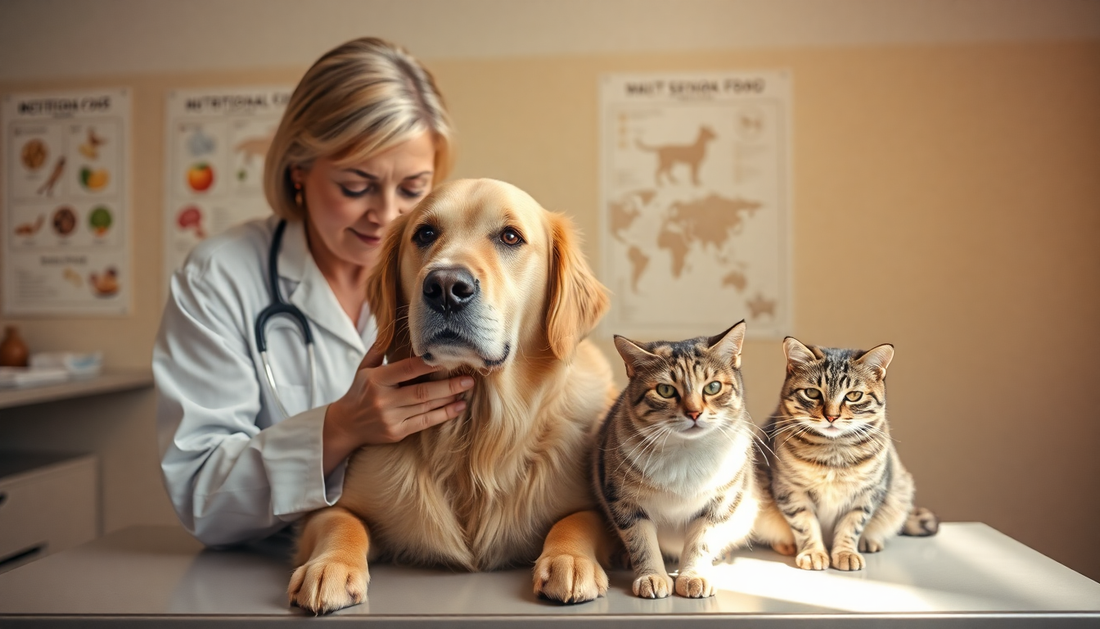
Keeping Your Senior Pet Healthy: Diets for Aging Dogs and Cats
Share
As our beloved pets grow older, their nutritional needs change. Caring for a senior dog or cat requires a different approach to diet and nutrition to ensure they stay healthy and happy in their golden years. At Spot Pet Supply, we're dedicated to providing practical tips and solutions to help you navigate the unique dietary requirements of aging pets.
Understanding the Nutritional Needs of Senior Pets
As pets reach their senior years, typically around 7-10 years old for dogs and 11-14 years old for cats, their metabolism slows down, and they become more susceptible to certain health conditions. This means their dietary needs shift to accommodate these changes. Senior pets often require more protein, fewer calories, and increased levels of certain vitamins and minerals to maintain their overall well-being.
The Best Diets for Senior Dogs
For senior dogs, a diet that is high in protein and low in fat is ideal. Look for dog food formulas that are specifically designed for older canines, as they will have the appropriate nutrient balance. Supplements like glucosamine and chondroitin can also be beneficial for supporting joint health. Portion control is crucial, as older dogs are more prone to weight gain, which can exacerbate existing health issues.
Feeding Senior Cats
Cats, on the other hand, often require a diet that is higher in moisture content to prevent dehydration and support kidney function. Senior cat food formulas typically have increased levels of fiber to aid in digestion and reduced phosphorus levels to protect the kidneys. It's also important to ensure your senior cat is getting enough taurine, an essential amino acid that supports heart health.
Transitioning to a Senior Pet Diet
When it's time to switch your pet to a senior-specific diet, do so gradually over the course of 7-10 days. This will give their digestive system time to adjust to the new formula. Pay close attention to your pet's response and be prepared to make adjustments if they experience any gastrointestinal discomfort or other issues.
